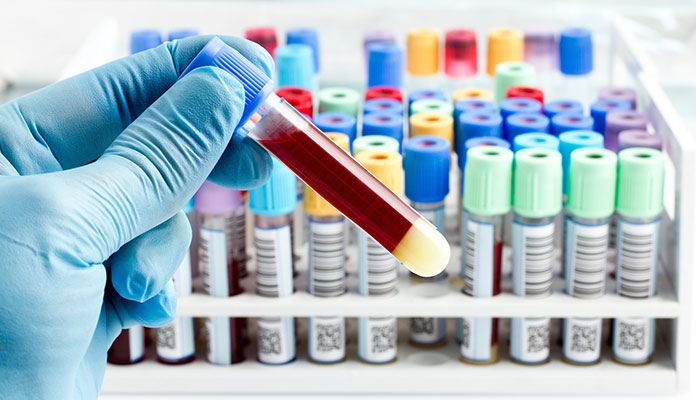What Is Acute Myeloid Leukemia?
Acute myelogenous leukemia is a form of blood cancer that occurs in the bone marrow. The condition is called myelogenous because it affects the myeloid cells, a type of white blood cells that normally grows into different kinds of mature blood cells, such as platelets, white blood cells, and red blood cells. The term “acute” indicates the rapid progression of the disease. Typical symptoms include frequent infections, difficulty breathing, weakness, tiredness, pale skin, unusual bleeding or bruising, or unexpected weight loss. These problems often worsen over time. [1]










